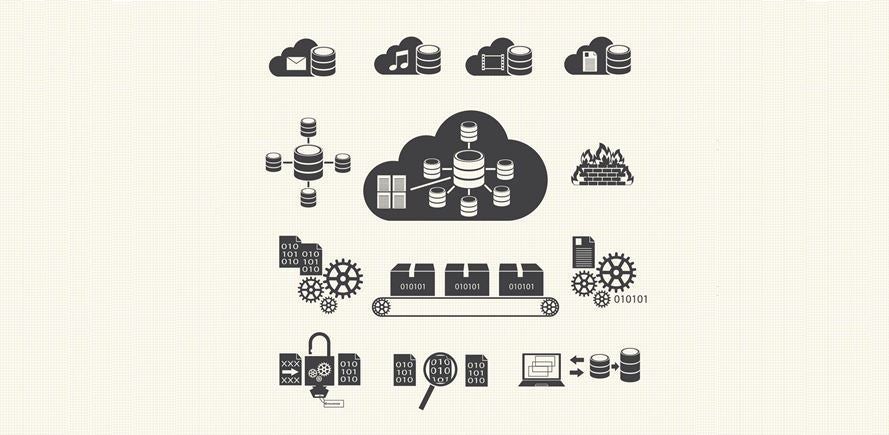Open data is making its way in advanced countries like the United Kingdom and the United States but also into Latin America. Chile is among the top 15 countries of the Open Data Barometer 2014 edition—a global ranking led by the Web Foundation that assesses countries according to their publication of key government datasets, readiness to benefit from open data and evidence of its impact. Brazil, Mexico and Uruguay are included in the top 25 best performing countries in the barometer.
There is certainly a plethora of new possibilities with potential for value generation, both socially and economically. The recent winners of the open data awards reviewed in this blog are good examples on how open data can empower citizens, contribute to corporate transparency or help fight tough diseases like malaria. There is certainly a growing optimism about open data making its way around the world that should be welcome.
In this piece, I want to highlight three key areas that will need more discussion in the open data arena:
1 The economics and business models of open data
A study by the Economist Intelligence Unit reveals that open data is the second most important type of data that executives consider the most valuable for making strategic decisions. Besides internal efficiencies, open data is generating a new industry itself and we’ve seen new ventures emerging in the form of apps (mostly free), platforms and services.
Though there are notably successful business cases that built on open data, such as the Climate Corporation or Zillow, many open data initiatives lack entrepreneurial tools to make their ventures sustainable let alone profitable. We need evidence to assess what viable business models exist out there and to understand their significance in the economy, locally, regionally and around the world.
2 Ethics of open data and data evils
Despite its great potential to do well, open data can also be used for evil—as with all technologies. Disclosing citizen identities may be cause of harm, discrimination or unfair treatment especially to minorities or vulnerable people.
During the research symposium of the 3rd International Open Data Conference, Yasodora Cordova presented cases from Brazil that highlight the tensions between transparency obligations imposed by law and the right to privacy. The cases revealed how new laws that require personal data about vulnerable population to be published openly—such as the names of pregnant women or HIV patients—clash with the rights of citizens to maintain their identities protected. Another case in point was a controversial app called ghetto tracker released in September 2013. The app was allegedly created to help users to ‘navigate’ safe parts of towns, but it immediately drew criticism due to its racist and classic stereotypes of what is good and bad.
Algorithms are not simply created in a technical vacuum and open data is anything but objective or neutral. We need more work to solve how we should assess the judgments and motivations that are behind the scenes on open data applications. We also need a critical view on balancing personal data rights and the value that granular data may offer to solve social problems or to advance science.
3 Who benefits from open data
No doubt the power of open data relies on its use. One acclaimed social value from open data is its potential to improve the lives of end users, and in particular, those poor and marginalised. However, open data may reinforce the more empowered actors in society—that is, better educated, economically well-off and younger individuals or big, tech-savvy corporations.
Access to the internet and computers, data analytics skills, supportive regulatory systems and local resources remain the main barriers to broaden the benefits of open data for society—and from internet access more in general. Lack of access to computing and the internet is usually pointed as a problem for so called “developing countries” but it also includes more advanced countries as well. In the UK, for example, at least 10 million people still do not have access to the internet at all. Right, there is a good counter argument to the access issue: you may not need connectivity but good intermediaries to curate the data and make it accessible or useful to broader sectors of the population. Both angles are valid if not very important. But we still know little about who’s profiting the most from open data in general, and who’s paying for that data to be available.
As in the case of commons-based peer production, open data has the potential to develop creative, cultural, social and political virtues in benefit to society. There are important ongoing efforts for understanding how we would like to measure the impact of open data—from useful exercises like the Open Data Barometer or the Open Knowledge Foundation’s Open Data Index to case studies on open cities, parliaments, health and procurement.
We are starting to grasp the emerging impacts in Latin America and the debate is lively in terms of where we are and what the future of open data will look like. We shall see more multidimensional frameworks for understanding the economic value and new business opportunities. We shall also see frameworks that take into consideration broader social values and ethical aspects in open data initiatives. Keeping the debate alive and accumulating evidence will enhance the virtuous practices and value generation that open data is bringing to various spheres of social life.
Which other challenges do you think the region will face in terms of open data? Include your comments below!
By Carla Bonina, Assistant Professor in Entrepreneurship and Innovation at Surrey Business School and the Surrey Centre for the Digital Economy.
This blogpost was originally published by the Latin America Open Data Initiative (ILDA)


Leave a Reply